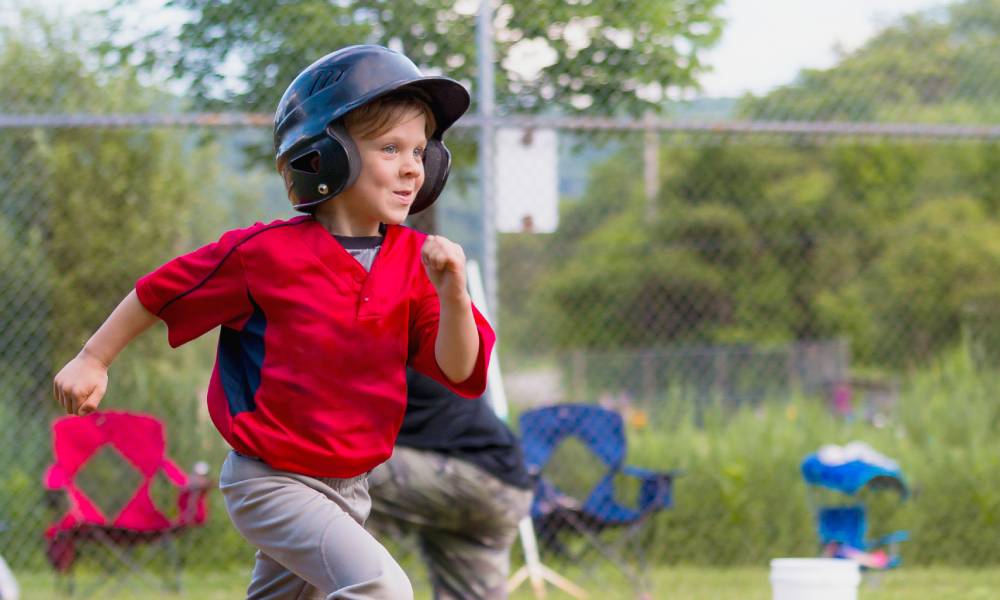Understanding how team sports can benefit children with autism is crucial for parents seeking positive and inclusive activities for their kids. Participating in team sports offers numerous advantages that extend beyond physical fitness. Join us as we take a closer look at the key benefits.
Enhancing Social Skills
One of the most significant boons of team sports for children with autism is the opportunity to develop social skills. Engaging in sports requires communication, cooperation, and understanding non-verbal cues, which are essential aspects of social interaction. By being part of a team, children learn to work together toward common goals, share responsibilities, and celebrate collective achievements. These experiences can help your child build meaningful relationships and improve their ability to interact with others in various settings.
Building Self-Confidence
Team sports can greatly boost self-confidence in children with autism. Success on the field or court, whether it’s scoring a goal or helping another do the same, provides a sense of accomplishment. This positive reinforcement helps children feel more confident in their abilities, both in sports and other areas of life.
The repetitive practice and improvement in skills also reinforce the idea that effort leads to success, fostering a growth mindset. Even small learning moments, such as discovering how different bats sound during a baseball game or how to achieve a spiral throw, can be fascinating and empowering for a child.
Promoting Physical Health
Regular physical activity is essential for overall health, and team sports provide an excellent opportunity for children with autism to stay active. Participation in sports helps improve cardiovascular health, strength, coordination, and flexibility. Additionally, the structured environment of team sports can provide a clear routine, which is often beneficial for children with autism.
Supporting Emotional Well-Being
Team sports offer valuable support for emotional well-being. Physical activity can reduce symptoms of anxiety and depression, which can be prevalent among children with autism. The camaraderie and support from teammates provide a sense of belonging and community, helping children feel less isolated. Moreover, learning to cope with wins and losses in a supportive environment teaches resilience and emotional regulation. These lessons are invaluable for navigating the ups and downs of daily life.
Incorporating team sports into the lives of children with autism can yield tremendous benefits. From enhancing social skills and building self-confidence to promoting physical health and supporting emotional well-being, the positive impacts are extensive.
Understanding how team sports can benefit children with autism can help parents make informed decisions about their child’s activities. By providing opportunities for their children to engage in sports, parents can foster growth, development, and happiness in ways that are both fun and impactful.
Participating in team sports offers children with autism a chance to thrive in a supportive and engaging environment. The experiences and skills they gain on the field can translate to various aspects of their lives, providing a solid foundation for future success. So, whether it’s soccer, basketball, or even dodgeball, team sports can be powerful tools for helping children with autism reach their full potential.






